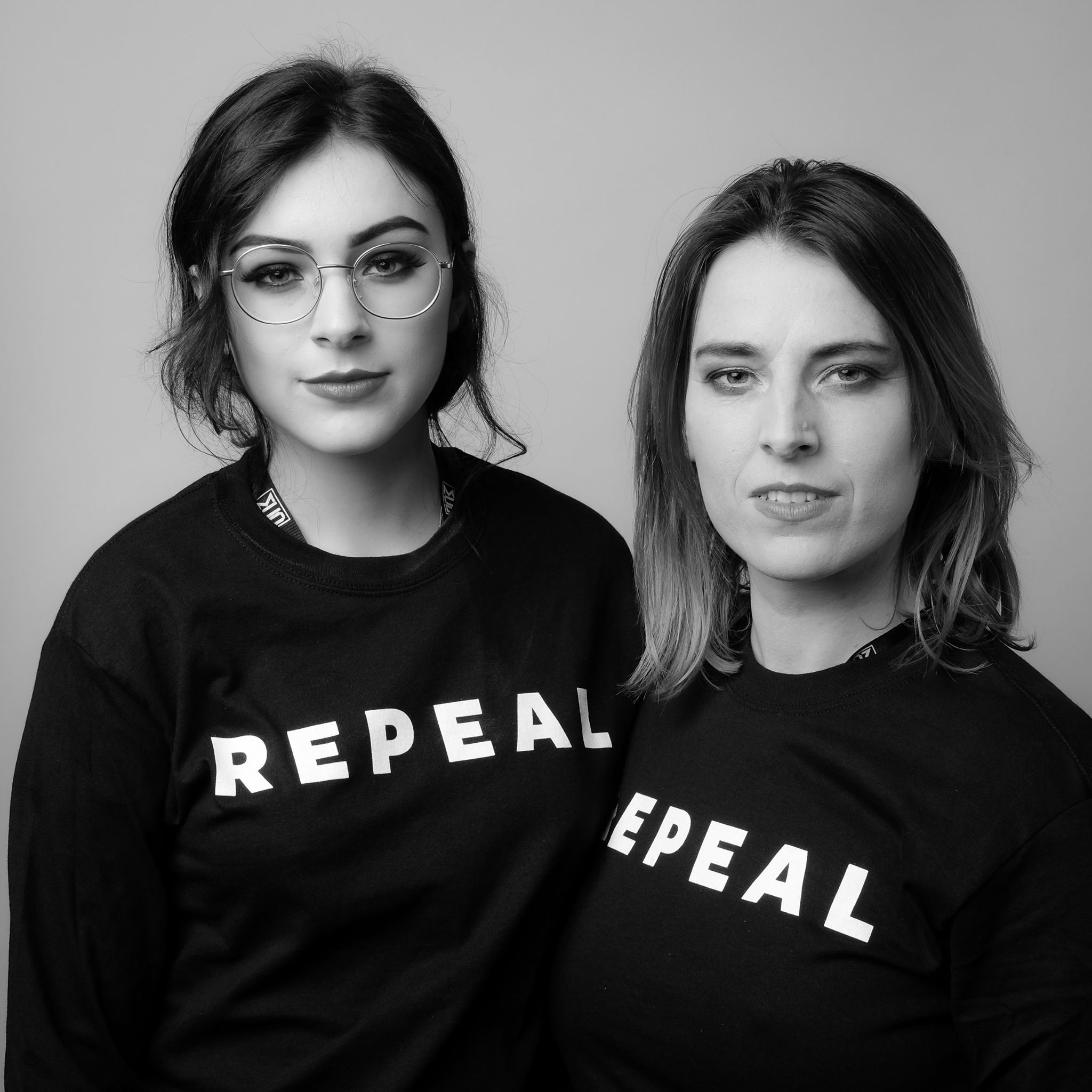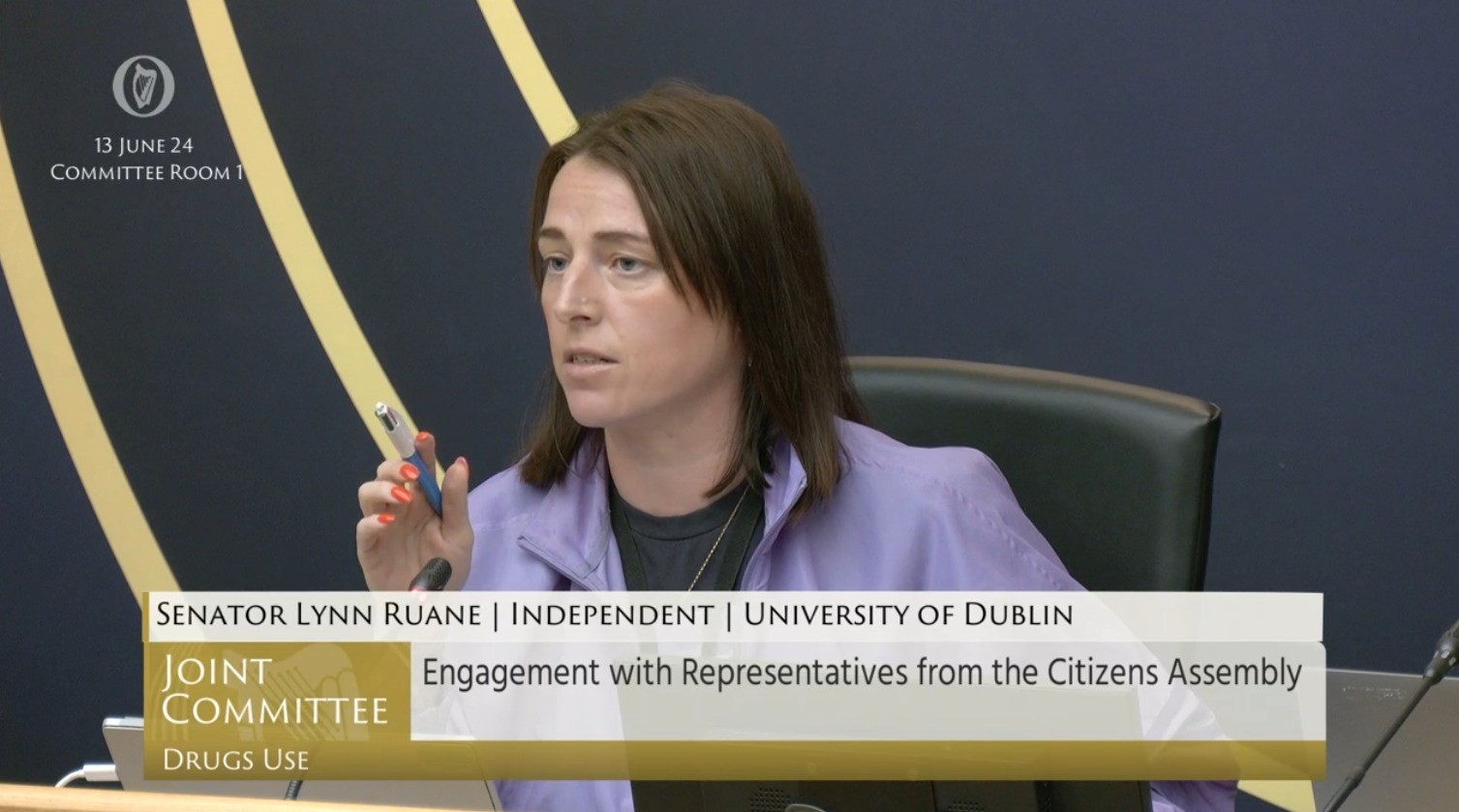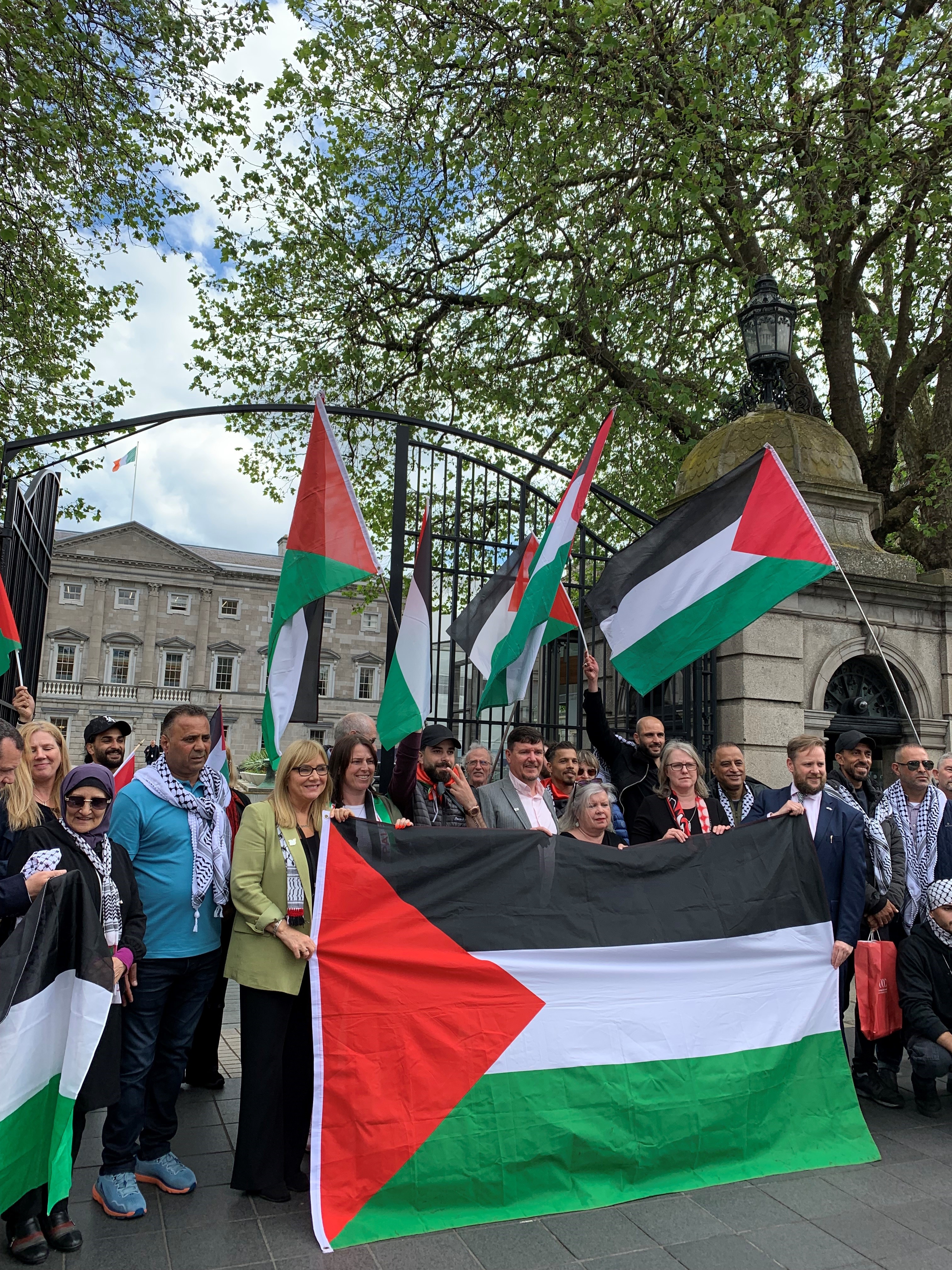 Apr
25
2017
Apr
25
2017
Citizenship and Compassion
Photo courtesy of Conor Horgan
I would firstly like to wholeheartedly thank the members of the Citizens’ Assembly for their work and service over the past number of weeks. The dignified and compassionate way in which members listened to expert evidence, voiced their concerns and reached their conclusions was a testament to the complexity of the issue they considered and the people it affects. They did themselves and the Irish people proud and they deserve our thanks and praise.
In terms of their recommendations for the Eighth Amendment, I’m embarrassed to admit that I was surprised by them. I did not realise that Ireland and its citizens had developed and progressed as far as we clearly have when it comes to the issue of abortion.
However, I suppose in retrospect, it almost seems logical that the assembly would recommend access to abortion at the request of the woman. As assembly chair Justice Laffoy said, the members of the assembly were “afforded the unique opportunity… to withdraw from the polarising perspectives and begin first and foremost with the facts.”
When presented with the facts, with the wide range of ethical, medical, legal and practical evidence that the members received, with the heart-breaking testimony of women who have been affected by the Eighth Amendment and the impact of that archaic provision on women’s health and their healthcare, how could the assembly not have decided how they did?
How could you hear about the amendment’s utter failure to prevent abortion in Ireland and instead how it simply forces Irish women to travel or unsafely administer abortifacients at home and not decide that this could continue no longer?
That even legislating for the so-called “middle ground” of abortion access would still send thousands of Irish women overseas and continue to treat them with disdain, disrespect and an utter lack of compassion?
None of us should have been surprised. The Citizen’s Assembly listened to the evidence and made their recommendations based on fact, evidence and best practice. It’s high time that access to abortion in Ireland reflected the values of the modern, secular and progressive country that we now live in and afforded Irish women complete and total bodily autonomy. The assembly spoke and now it’s up to the Oireachtas to listen.
The Chosen Few
The key theme of the assembly’s recommendations is one of equality. The reality is that women have abortions for a huge array of reasons and every woman who does should be treated equally as a result, no matter their circumstance. If enacted, these recommendations mean that women would not only have reproductive rights, they would be equal to all other women when it comes to exercising those rights.
We now find ourselves in a situation where, for the first time in Irish history, there is a distinct possibility that women’s access to abortion could be universal. In our national discourse, women would no longer be divided into categories of who can and who can’t have full autonomy, because it is a women’s autonomy at stake.
When we divide between women who are worthy of abortion access and those who aren’t, it’s their own control over their lives that we consider. The political reaction to the assembly’s decision has been that the recommendations are too radical, that we must continue to divide between women who can and women who can’t but what does that mean in reality? It means we entrench discrimination based on socio-economic circumstances and minority and disadvantaged status in our abortion laws.
Inequality of Access
If a woman from a poorer background wants to terminate a pregnancy outside of the grounds of rape, incest, risk to health or fatal foetal abnormality, than what does she face if we don’t fully expand abortion access?
Maybe she’ll be forced to go to a loan shark to afford the flight, accommodation and the procedure itself.
Maybe she has no passport either or ability to access one, because she is a refugee or a migrant.
Maybe she has no access to adequate resources for aftercare, even if she is able to afford a lonely flight over the Irish Sea.
Maybe her personal situation is so bad that her prospects are limited and with the complete absence of socio-economic mobility in her life, she will never be in position to financially care for child.
Maybe she has no money to travel and no money to raise a child with dignity. The stories of women drinking bleach, downing straight bottles of vodka in the bath and taking unsafe pills bought on the internet will still happen.
Maybe she is alone, too afraid to tell anyone, too afraid to ask for help from family.
If we ignore the recommendations of the citizen’s assembly and do not recognise a women’s choice, this will still happen.
Supporting the Disadvantaged
If you can comfortably afford to travel when your need for an abortion falls outside what is legislated for in Ireland, then you still have access to abortion. As a country, we would still force women to travel and as a result, disproportionately force women from minority or disadvantaged backgrounds into impossible situations. We would continue to tell poor women, Traveller women, migrant women, women in addiction, homeless women and women in abusive relationships without access to their family’s finances that they are on their own.
No-one chooses poverty and no one chooses a crisis pregnancy. A woman’s circumstances and means are, in most instances, set by factors outside their control. Therefore, all we can do is control how we decide to treat women of differing circumstances.
Will we reinforce class inequalities, where wealthy women can travel to the UK for an abortion and poor women are instead forced into impossible choices?
Are we okay with reproductive rights for some and not for others?
We can’t criminalise a woman because she can’t afford to travel.
We can’t criminalise a woman for being poor.
The Oireachtas should now legislate for all women to be treated equally, independent of circumstance and affirm their right to choice. That’s what I’ll be pushing for and I hope that politicians of all parties and none will join me, especially those who claim to represent the disadvantaged and the very people who will be most affected by inequality of access to abortion.
The Citizens’ Assembly has made their recommendations; it’s time for us to act on them.
The Abortion Rights Campaign are calling for action by the Oireachtas on the Citizen’s Assembly recommendations.
Get involved here.






